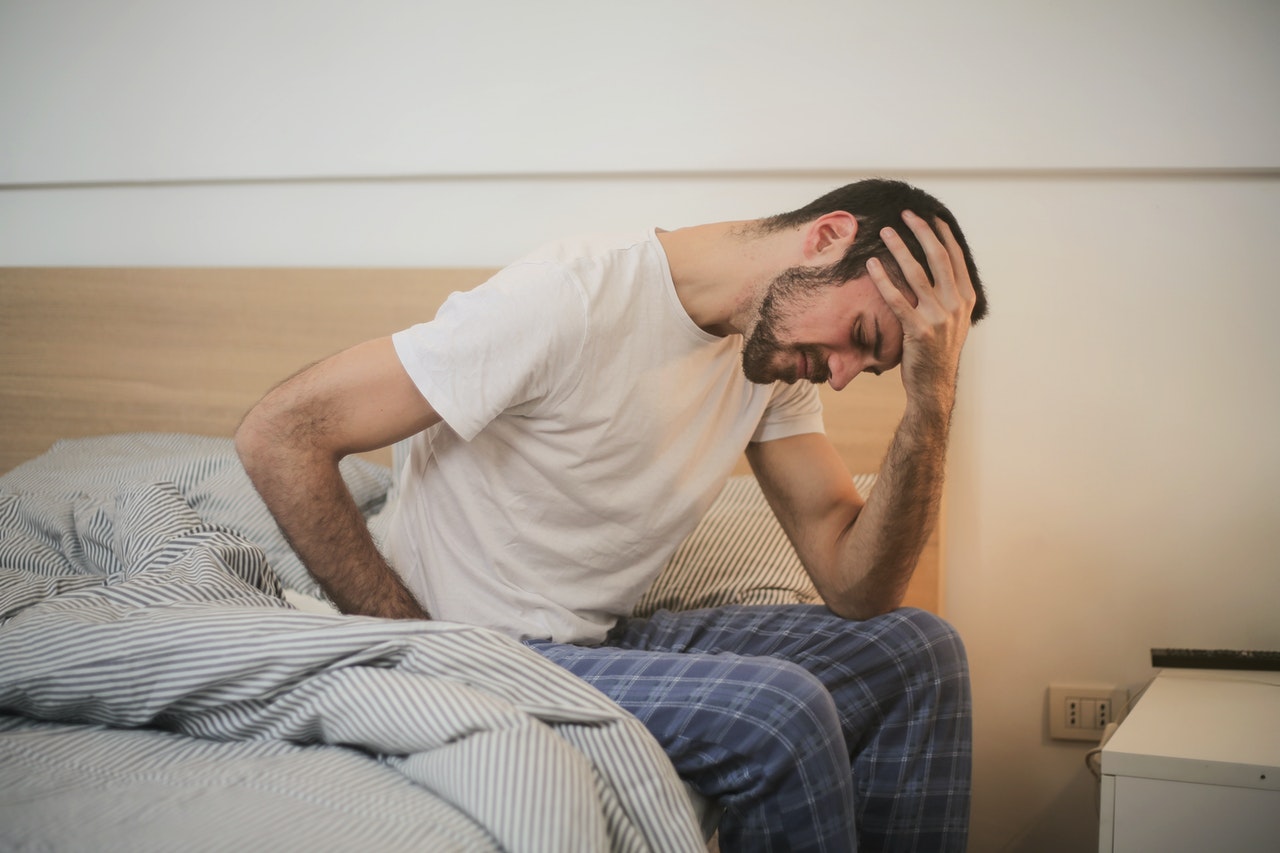
Managing Anxiety in the Workplace
Anxiety can affect every aspect of our lives, including our employment. And if workplace anxiety isn’t properly managed, it has the potential to negatively impact our careers. For example, if a promotion would require you to interact more with clients, give more presentations, or take…




